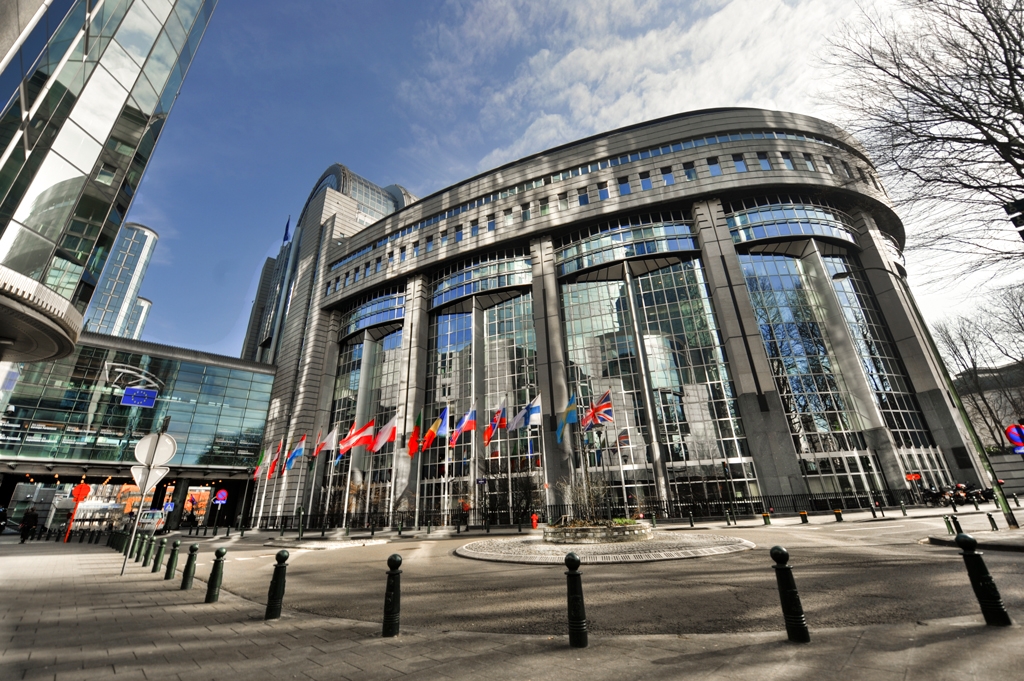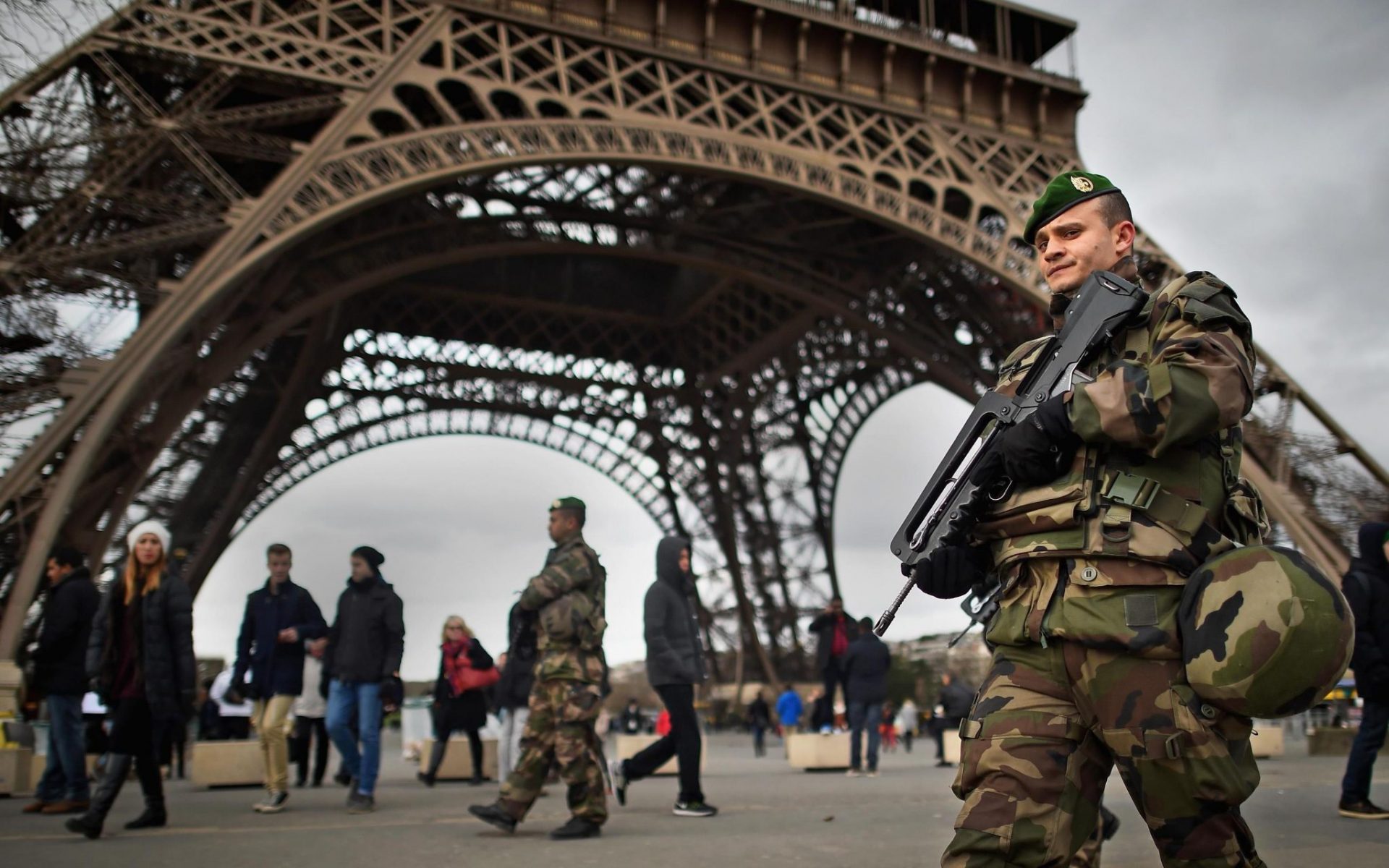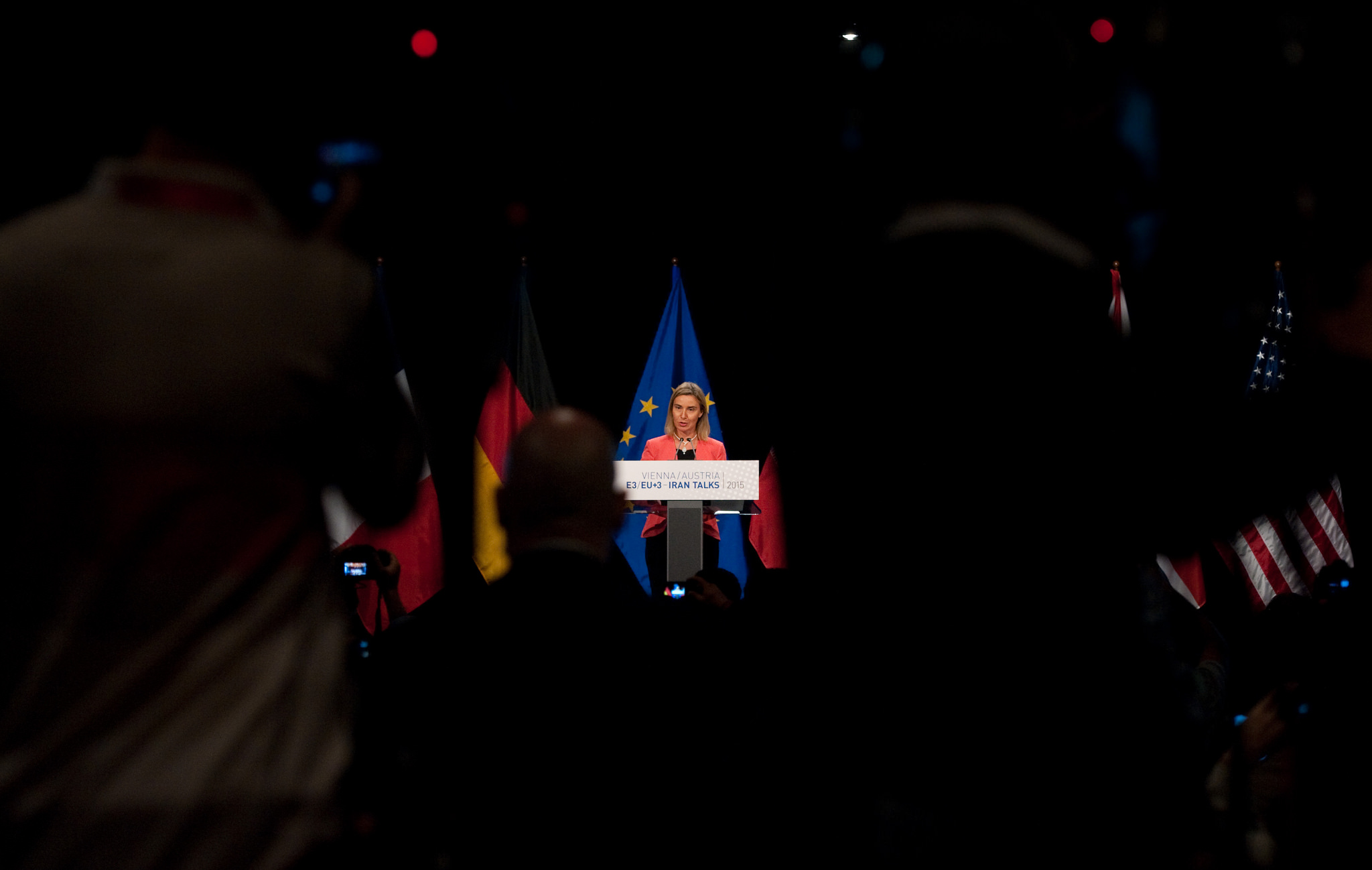
The European Union faces some critical, potentially existential, crises: the migration flows and related issues; Brexit; terrorism; chaos and war on Europe’s borders; the list goes on. The European Parliament, however, is choosing to focus its energy on supporting multiple anti-business and anti-trade efforts at a time when Europe desperately needs economic growth.
A primary reason for this is that the Parliament listens far too much to the anti-business lobby. The notion ‘lobby’ often radiates negative sentiments, both in the EU and the US. Critics point at ‘multinationals’, ‘car manufacturers’, ‘Wall Street’, ‘The City’, ‘Big Oil’ or worst of all; ‘Big Tobacco’. However, powerful NGO interests are entrenched in the EU decision-making process pretending to steer good intentions globally. They rely on EU subsidies and often lack the transparency required elsewhere. Their worldview is predominantly Eurocentric; their style patronizing.
The NGOs are claiming a monopoly of moral high grounds only they define and reshape. They design the rules of the game and rewrite the rulebook to fit their objectives and funding.
As a MEP I was member of the Budget Control Committee generally attracting little attention from Parliamentarians because it requires much work and offers little extravagant travel. I was surprised by a Special Report (4/2009) of the Court of Auditors on the murky relationship between EU Development Policy and NGOs which spend about 1 billion euro to improve the life of the poor.
According to the Court many NGO-projects were ‘not sustainable’ and would collapse as soon as aid workers had left. Mostly, ‘reliable data’ were lacking and projects were not ‘properly implemented’. The European Commission appeared to be unable to master about 40.000 projects in the Third World. To my amazement MEPs on the Development Committee, popped up in the Budget Control Committee to defend NGOs. Their solution: ‘a bigger budget and more bureaucracy’ to enable NGOs to do more work!
Generally, development policy ran into crises because millions of people were lifted out of poverty; not by NGOs but by market-oriented policies, like in India and China. In deprived areas, mainly Sub-Sahara Africa, economic development had been hampered: thanks to corruption, inept government or civil war galore. Poverty occurred in a smaller number of countries but its roots were deeply entrenched. NGOs saw their market shrinking and their efforts unrewarded. They used considerable parts of their own budgets to lobby the European Commission in order to make sure their funds remained appropriated in the EU-budget.
Then came a gift from heaven: climate policy. The European Commission and NGOs got the opportunity to redefine the agenda and reshape their mission. The money would follow automatically. In the budgetary framework 2014-2020 the ‘Life Regulation’ of the European Commission offers NGOs a budget of 3,4 billion euro.
Since the Conference of Copenhagen at the end of 2009, the EU promoted itself as ‘world leader’ in fighting climate change. NGOs spearheaded political action in the Third World. They have seemingly endless funds, and rock-solid political support: environmental NGOs are the most effective and influential lobby in Brussels at the moment; much more than the agricultural lobby was in the past.
Every week, new instances appear of NGOs driving the Parliament agenda. The public hearing of the Committee on the Environment of the European Parliament on March 17 was another case in point. Members of the Committee address the issue of ‘Palm Oil and rainforests’ submitting the question: ‘what can the EU do to stop deforestation?’ The biggest producer of palm oil is Indonesia; the second is Malaysia. The European Parliament invited NGOs, scientists and a representative of the European palm oil industry. But the two main palm oil producing countries and locations of rainforests, Indonesia and Malaysia, were not invited. Indonesia with a population of 255 million people and Malaysia of 30 million have diplomatic representations at the EU. They could’ve send an Ambassador. Instead, they are being talked about, and insulted, without right of reply. Conditions for producing countries will simply be imposed upon them. Through the prism of EU-style good intentions the decision-making process is tantamount to modern colonialism.
On December 7 last year, The Amsterdam Declaration demanded a fully sustainable palm oil supply chain by 2020. Producing countries like Indonesia and Malaysia have turned their economies into success stories. They do not need ‘aid’; they need ‘trade’. And in fact, promoting trade with these countries is an EU priority: which could create jobs here in Europe, and elsewhere.
But the developing world is being pressed into a straitjacket by a certification system promoted by NGO advocacy – and European industry put under pressure by those NGOs. In Malaysia 1 million people make a living in the palm oil sector; in Indonesia many more: many of them are smallholders. Both countries developed their own certification systems trying to keep their rainforests intact.
All these efforts are dismissed by EU-sponsored NGOs – and by European producers fearing ‘bad publicity and image damage’ if they do not abide by the NGO rulebook. The environmentalist wing of the European Commission obviously supports the Eurocentric worldview of NGOs; so do most MEPs in the Committee on the Environment. Indonesia and Malaysia are not even invited to their Hearing. Yet again they face colonialism, currently disguised as EU-style environmentalism. Both countries deserve to be respected.
(Derk Jan Eppink is former MEP, as member of ECR; and currently senior fellow Europe and Russia at the London Policy Center in New York)



